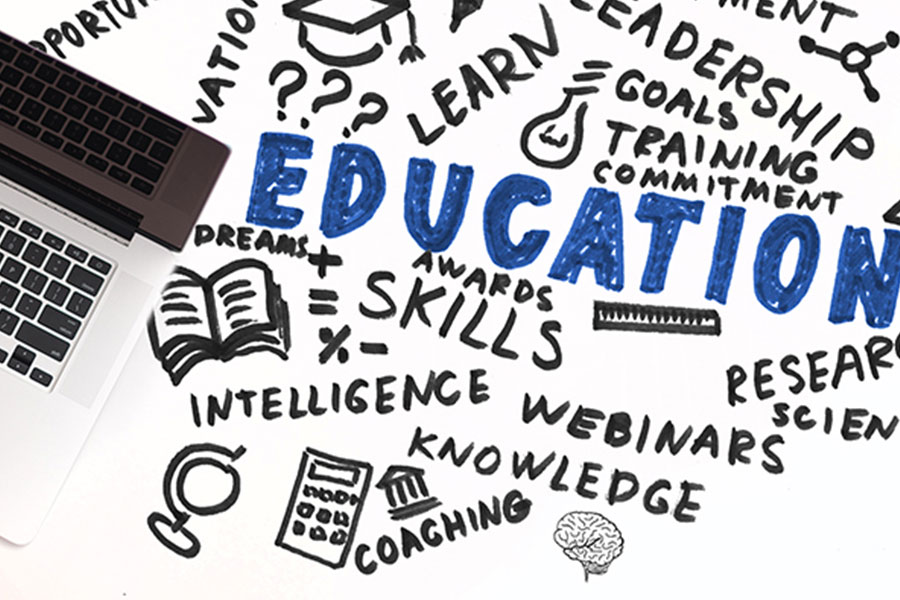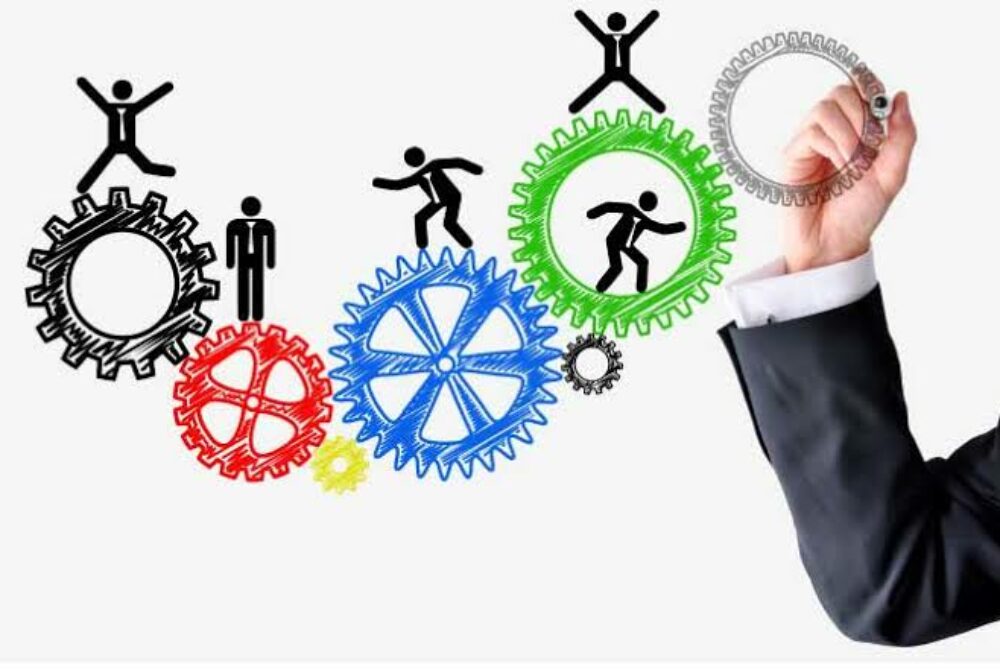
June 19-2025
By: Marisa
The unstoppable wave of technological disruption is transforming industries, business models, and even how we work. In Indonesia, this phenomenon presents both challenges and significant opportunities for our human capital. To print relevant and competitive talents for the future, adaptation is key.
A New Era of Skills: Beyond Hard Skills

In the past, mastery of hard skills such as technical or operational capabilities was paramount. Now, alongside automation and artificial intelligence, high-level cognitive, social, and emotional skills are increasingly crucial. Companies are not only looking for individuals who can perform tasks but also those who can adapt, innovate, and collaborate.
Some critical skills in the era of technological disruption include:
- Critical Thinking and Complex Problem Solving: Ability to analyze information, identify root problems, and formulate innovative solutions.
- Creativity and Innovation: Capacity to generate new ideas and original approaches.
- Digital Literacy and Data: Understanding digital technology workings, analyzing data, and using it for decision-making.
- Communication and Cross-functional Collaboration: Ability to collaborate effectively with various teams and individuals, both offline and online.
- Agility and Lifelong Learning: Readiness to continuously learn new things and adapt to rapid changes.
Role of Education and Training in Adaptation

Educational institutions, from elementary schools to universities, play a vital role in shaping relevant talents. Curricula need periodic updates to keep pace with technological advancements. Emphasis on project-based learning, problem-based learning, and industry practice can help students develop the skills needed for the workforce.
Not only formal education, but continuous training and development are also priorities for individuals and organizations. Reskilling and upskilling programs bridge skill gaps, ensuring workers remain relevant in the ever-changing job market. Government, private sector, and civil society need to synergize to create an inclusive and accessible learning ecosystem.
Multi-stakeholder Synergy for Excellent Human Capital

Printing excellent talents amid technological disruption is not the responsibility of a single entity. It requires strong multi-stakeholder synergy:
- Government: Needs to formulate policies supporting human capital investment, facilitate training programs, and create regulations adaptive to innovation.
- Industry: Must invest in employee development, provide internship and mentorship opportunities, and actively collaborate with educational institutions.
- Academia: Should be responsive in updating curricula, conducting relevant research, and becoming centers of innovation.
- Individuals: Have a responsibility to proactively learn, self-develop, and be open to change.
With this collaborative approach, Indonesia can turn the challenges of technological disruption into golden opportunities to print excellent human capital ready to compete globally and drive sustainable economic growth. The future belongs to those who dare to adapt and continue learning.
Visit our website at campsite.bio/qqgroup and follow our social media for the latest updates on cutting-edge human capital management strategies.
Let’s step forward together towards a Greater Indonesia!
